Sometimes, things that are usually kept neat and tidy, like all the thoughts in your head or the information on your computer, can suddenly spill out. It's a bit like a "jellybeanbrain leak" – all those colorful bits of data, normally organized, just tumble out in a way you didn't quite expect. This happens with big companies and with our own personal details, too, when systems hiccup or information finds its way into the open.
We often think about how much knowledge is out there, how much we can find just by asking a question. There are, you know, places where you can search for pretty much anything – pictures, moving clips, written pages, and more. Companies put a lot of effort into making tools that help you find exactly what you're trying to locate. They also work on clever computer programs and services, trying to figure out how these bits of technology can make our daily routines a little better around the globe. It's all part of this vast collection of facts and figures that we rely on every single day, so to speak.
But what happens when this carefully arranged collection, this digital mind, so to speak, experiences a moment of unexpected release? What if the pieces of information, usually tucked away, suddenly become more visible than intended? We're going to talk a bit about how these various bits of public and private information, from big tech services to personal finance tips, can sometimes seem to just, well, spill out, much like a "jellybeanbrain leak." It's about how things that are usually kept orderly can, in some respects, become a bit scattered.
- Is Lucky Leaving Gh
- Michelle Yeoh Met Gala
- Disneyland Fight
- Kamala Harris Not Aspiring To Be Humble
- Nia Long Ime Udoka
Table of Contents
- The Big Picture of Information - What is this Jellybeanbrain Leak?
- How Do We Keep Our Digital Selves Safe from a Jellybeanbrain Leak?
- When the Lights Go Out - A Jellybeanbrain Leak in Action
- What Happens When Ideas Don't Stick - A Jellybeanbrain Leak of Innovation?
- Your Digital Front Door and Avoiding a Jellybeanbrain Leak
- Money Matters and the Risk of a Financial Jellybeanbrain Leak
- Getting Help with Your Money After a Jellybeanbrain Leak
- A Brief Look at How to Fix Things After a Jellybeanbrain Leak
The Big Picture of Information - What is this Jellybeanbrain Leak?
When we talk about a "jellybeanbrain leak," we're really thinking about how information, which is usually quite organized, can become public or disorganized in an unexpected way. Think about all the things a big company like Google offers. They help you look up facts, find pictures, watch videos, and so much more. They have many special ways to help you find exactly what you are trying to locate, you know. This is like the core of the "brain" – a vast collection of organized facts and helpful tools. It's the place where information is supposed to be structured and readily available, but only when you ask for it. This structured way of presenting things is, in a way, the opposite of a leak, showing how information is usually kept under wraps until needed. We often use these services without thinking too much about the huge amount of data they manage, or how they keep it all straight. It's a pretty complex operation, so to speak, to keep all those bits of information in their proper places, ready for you to access them. The sheer volume of what is out there, and how it is all connected, is quite something to consider, really. This organized pool of knowledge is what we rely on for so many daily tasks, from finding a recipe to checking the weather. It's all there, waiting for your query, usually, and that's the key.
How Do We Keep Our Digital Selves Safe from a Jellybeanbrain Leak?
Part of keeping your own personal "jellybeanbrain" safe means looking after your online accounts. You sign in to your Google account, for instance, and there are ways to set up how you get messages about your account's safety. This helps make sure your online experience is just for you and stays secure. It's like putting a lid on your jar of jellybeans, making sure they don't roll all over the floor. You want to control who can look at your stuff and what they can do with it, basically. This involves setting up things like strong passwords and perhaps even having a second step to confirm it's really you when you sign in. These steps are put in place to prevent those unexpected spills of personal information, which is, in a way, what a "jellybeanbrain leak" is all about on a personal level. It's about keeping your private thoughts and details private, and not letting them just wander off where they shouldn't be seen. You want to be sure that the information you share, or that is collected about you, stays put, or at least only goes where you intend it to go. This is a very important part of being online these days, honestly, just making sure your digital self is well protected. It's about being proactive, more or less, in how you manage your online presence and the information tied to it.
When the Lights Go Out - A Jellybeanbrain Leak in Action
Sometimes, even the biggest systems can have a moment where things just stop working. Think about when Google, or OpenAI, or Spotify, had problems all at the same time on a Thursday, because a lot of technology just went offline. This kind of event can feel like a "jellybeanbrain leak" for the companies involved, as their usual smooth operations suddenly become messy and out in the open. It's not necessarily about data spilling out, but about the control over the flow of information being lost, creating a kind of chaos. When these services go down, it's a very public display of vulnerability, showing that even the most put-together systems can have their moments of disarray. People notice right away when they can't search for things or listen to their music, and that, in a way, is a kind of information "leak" – the information that the system is not working as expected. This public knowledge of a system's failure can be just as impactful as private data getting out, because it shakes trust and highlights weaknesses. It shows that even with all the clever planning, things can still go sideways, and that information, even about system failures, can spread like wildfire. It's a reminder that nothing is absolutely perfect, and that unexpected things can happen, sometimes quite suddenly, too.
- Diddy Blowing Up Kid Cudis Car
- Ronnie Dunn Walked Off Stage During A Concert In Indianapolis
- Devon Franklin Engaged
- Frank Rinna
- Monica Bellucci Tim Burton
What Happens When Ideas Don't Stick - A Jellybeanbrain Leak of Innovation?
Consider the story of Google Glass. Companies like Google, Snap, Meta, and Amazon have put out glasses with cameras, speakers, and voice helpers before. But the Google Glass from ten years ago never really caught on, did it? This is a different kind of "jellybeanbrain leak" – it's about ideas and products that didn't quite find their place, a kind of public showing of something that didn't work out as planned. The information about these products, their features, and their eventual lack of success, became widely known. It's like an idea that was supposed to be a big hit, a shining jellybean, just sort of rolled away and got lost under the couch. The public got to see the attempt, the effort, and then the eventual fading away of the product. This kind of information, about what didn't succeed, is still a form of "leak" because it gives us a look behind the curtain at the trials and errors of innovation. It shows that not every bright idea turns into a lasting success, and that information about these less successful ventures is still out there for everyone to see and learn from. It's a lesson, in a way, that not all ideas are meant to stick around, and that's perfectly fine, too. The details of these attempts, like the features of the glasses, become public knowledge, even if the product itself doesn't become a household item.
Your Digital Front Door and Avoiding a Jellybeanbrain Leak
Thinking about your online life, you can set how you get into your Google apps and services. You can also make Google the first thing you see every time you open your web browser. This is about taking control of your digital space, making sure your information is accessed in a way that feels right to you. It's like deciding where your jellybeans are stored and who gets to see them. You pick a browser, then follow the steps to make Google your starting point. These choices are about managing your everyday information flow, trying to prevent any accidental "jellybeanbrain leaks" from your own personal online habits. It's about setting up your digital environment so that things are predictable and secure, rather than leaving things open to chance. The ability to customize these settings gives you a sense of ownership over your online experience, allowing you to shape how you interact with the vast amounts of information out there. It's a small but important step in keeping your digital world orderly and preventing unwanted exposure of your habits or preferences. You want to make sure your online activities are private, or at least as private as you want them to be, so to speak. This careful arrangement of your online entry points helps maintain that sense of order and personal security, too.
Money Matters and the Risk of a Financial Jellybeanbrain Leak
Now, let's talk about money, which is a very personal kind of information. When you think about refinancing a home loan, there are options like an FHA refinance compared to a regular loan. A big benefit of an FHA refinance is that you can borrow almost 98% of your home's value, even if your credit score is as low as 580. This kind of financial detail is very sensitive, and if it were to experience a "jellybeanbrain leak," meaning it got out when it shouldn't, it could cause big problems. Fannie Mae and Freddie Mac also have programs that let you refinance your mortgage even with a low credit score. Some people might choose to refinance to switch from one type of loan to another. These are all pieces of your financial "brain" that need to be handled with extreme care. The information about your credit score, your home's value, and your loan terms are all private "jellybeans" that need to stay securely in your own financial jar. A "jellybeanbrain leak" in this context would mean your private financial details becoming public or accessible to the wrong people, which could lead to serious issues. It's about protecting those very personal numbers and facts that make up your financial picture. Keeping this information safe is just as important as keeping your online accounts secure, perhaps even more so, given the direct impact on your real-world resources. It’s a pretty big deal, honestly, when it comes to personal financial data, and keeping it private.
Getting Help with Your Money After a Jellybeanbrain Leak
If you're looking to refinance your home loan but have what's called "bad credit," there are things you can do. You can learn about the choices you have for refinancing your mortgage with a lower credit score and what steps you can take to begin that process. For example, CNBC Select shares how you can refinance your mortgage if your credit score is below 620. This information, while helpful, also highlights how specific and personal financial details are. If this kind of sensitive financial "jellybeanbrain leak" were to happen, it could leave someone in a very difficult spot. However, the availability of information about how to deal with challenging financial situations is also a way to manage potential "leaks" of a different kind – a leak of opportunity, perhaps. Knowing your options, even when things are tough, is a form of empowerment. It's about understanding that even if your financial "brain" has had a few spills, there are still ways to gather the pieces and put them back together, or find new ones. The goal is to help people regain control over their financial information and situations, even when they've faced setbacks. It’s a bit like picking up all those spilled jellybeans, you know, and finding a new jar for them, so to speak, to keep them safe going forward.
A Brief Look at How to Fix Things After a Jellybeanbrain Leak
So, when we talk about a "jellybeanbrain leak," it's really a way to think about how information, whether it's about big tech companies or your own personal finances, can sometimes get out of its usual, orderly place. We've looked at how search engines help us find information, how companies try to keep our accounts safe, and what happens when big tech systems have problems. We also touched on how some new ideas don't always catch on, and how important it is to keep your financial details private. The idea is that information, like jellybeans, is best when it's kept in its proper container, but sometimes, things spill. Knowing how to find information, how to protect your own, and what to do when things go wrong, helps us manage these unexpected moments.
- Cassius Kidston
- Diddy Blowing Up Kid Cudis Car
- Blac Chyna Engaged
- Gypsy Rose Before And After Nose Job
- Nicholas Riccio Wives And Children


